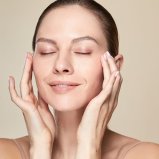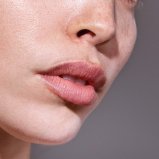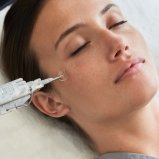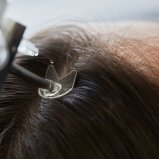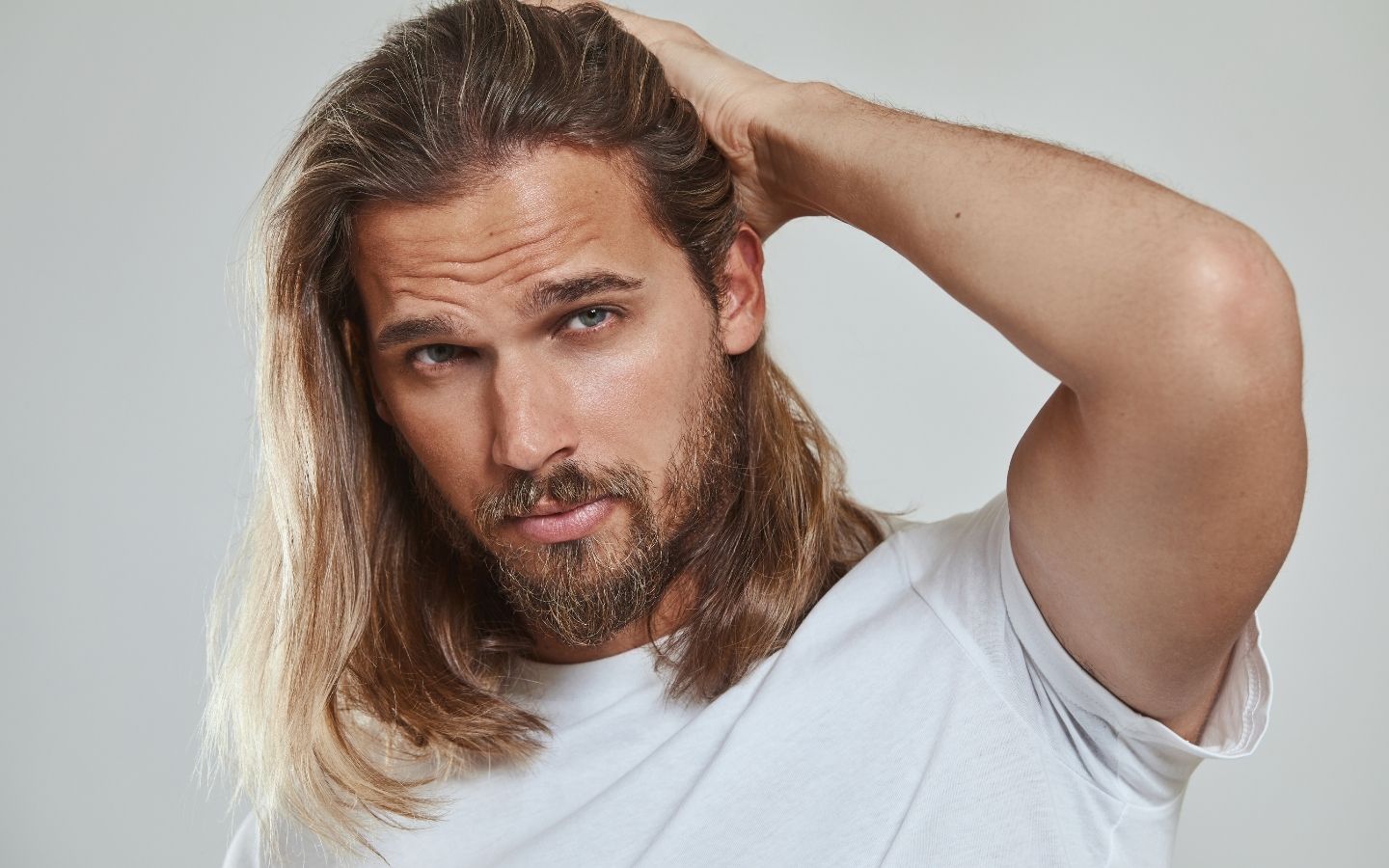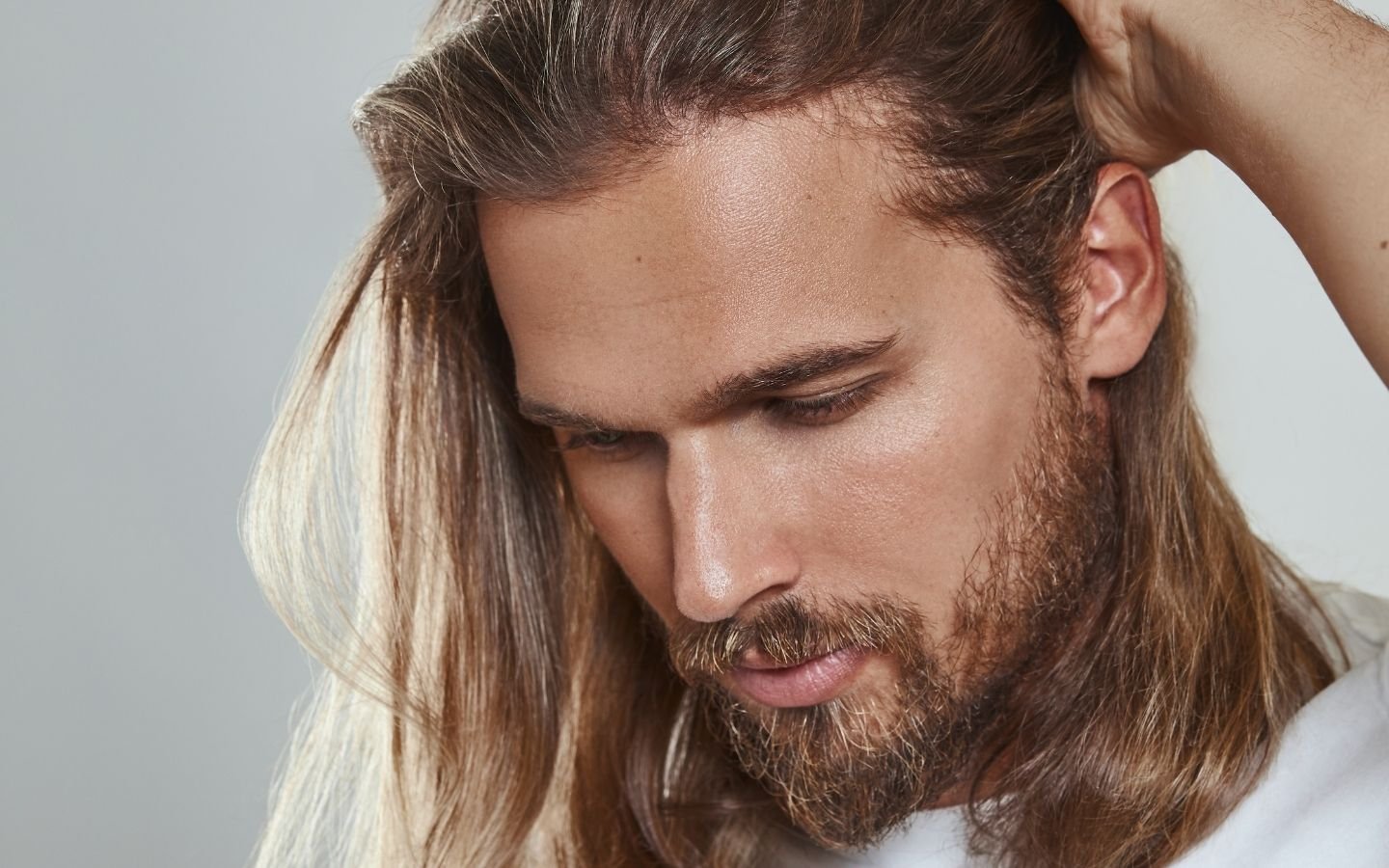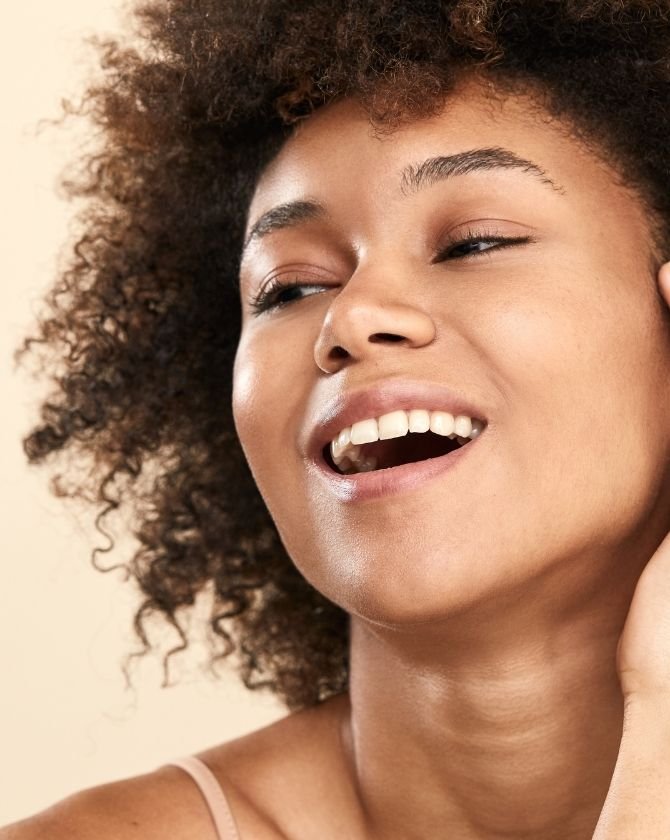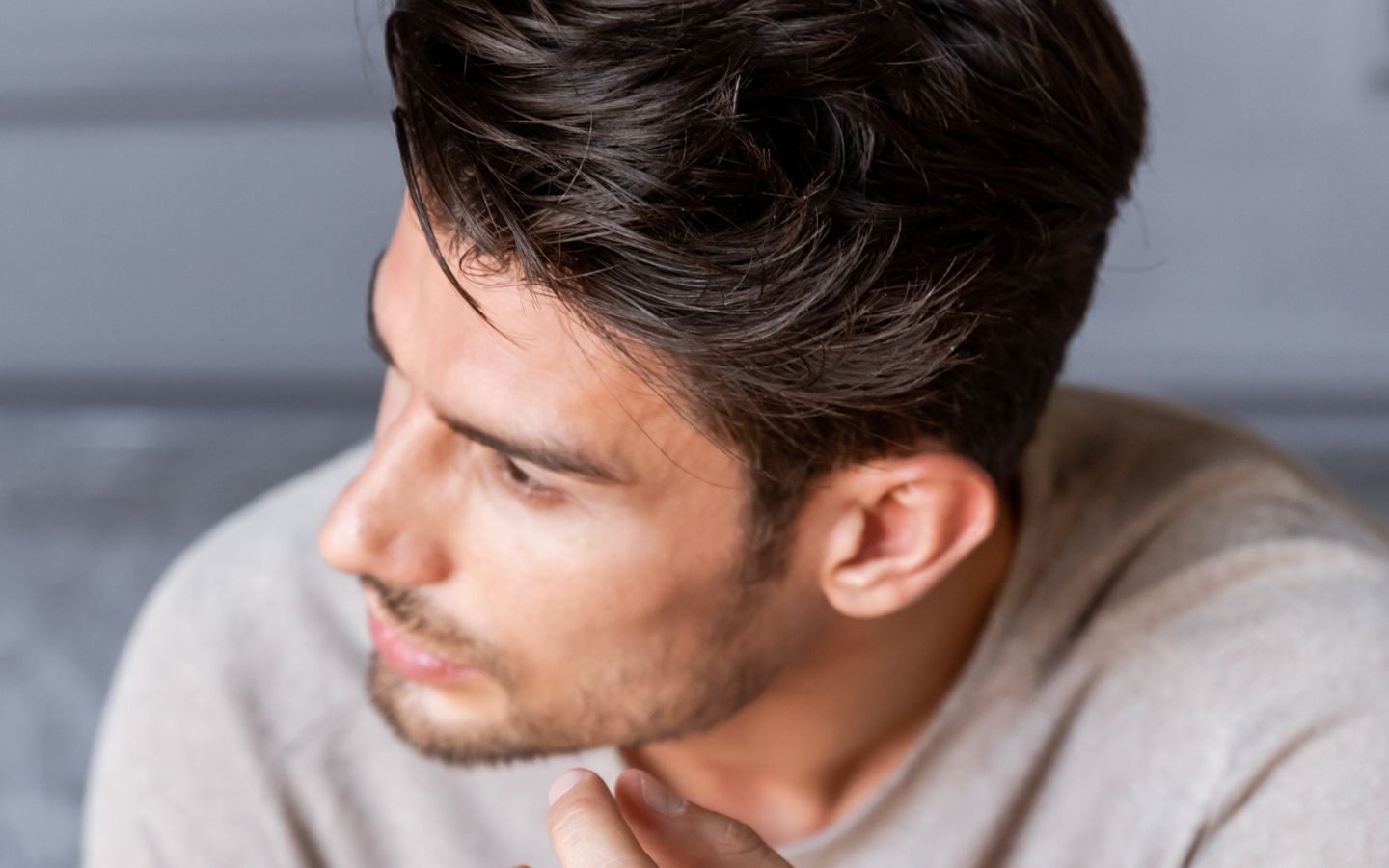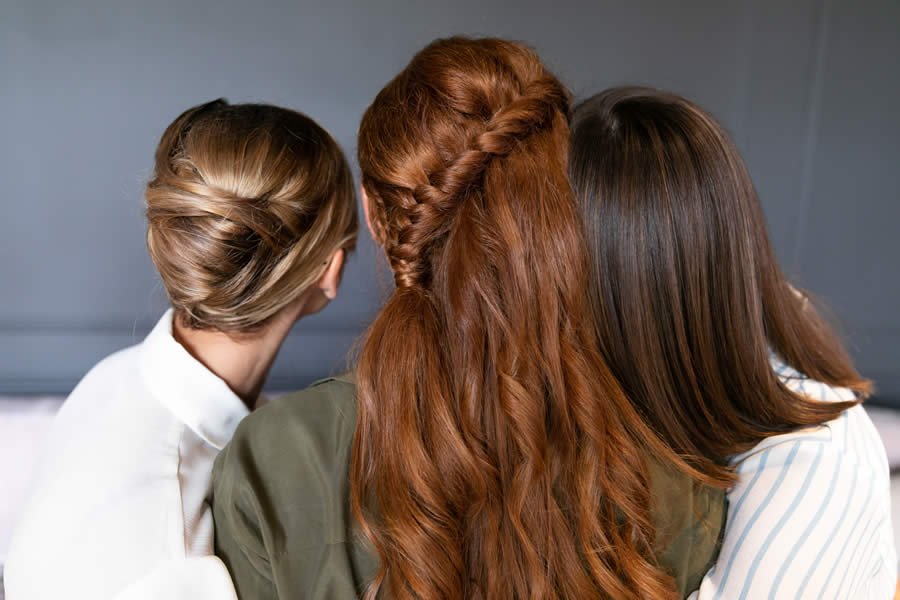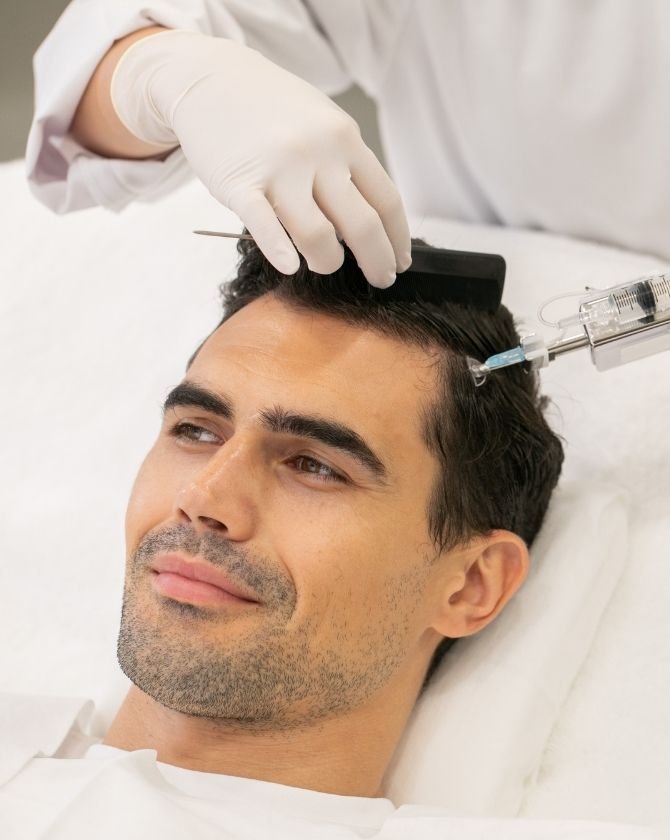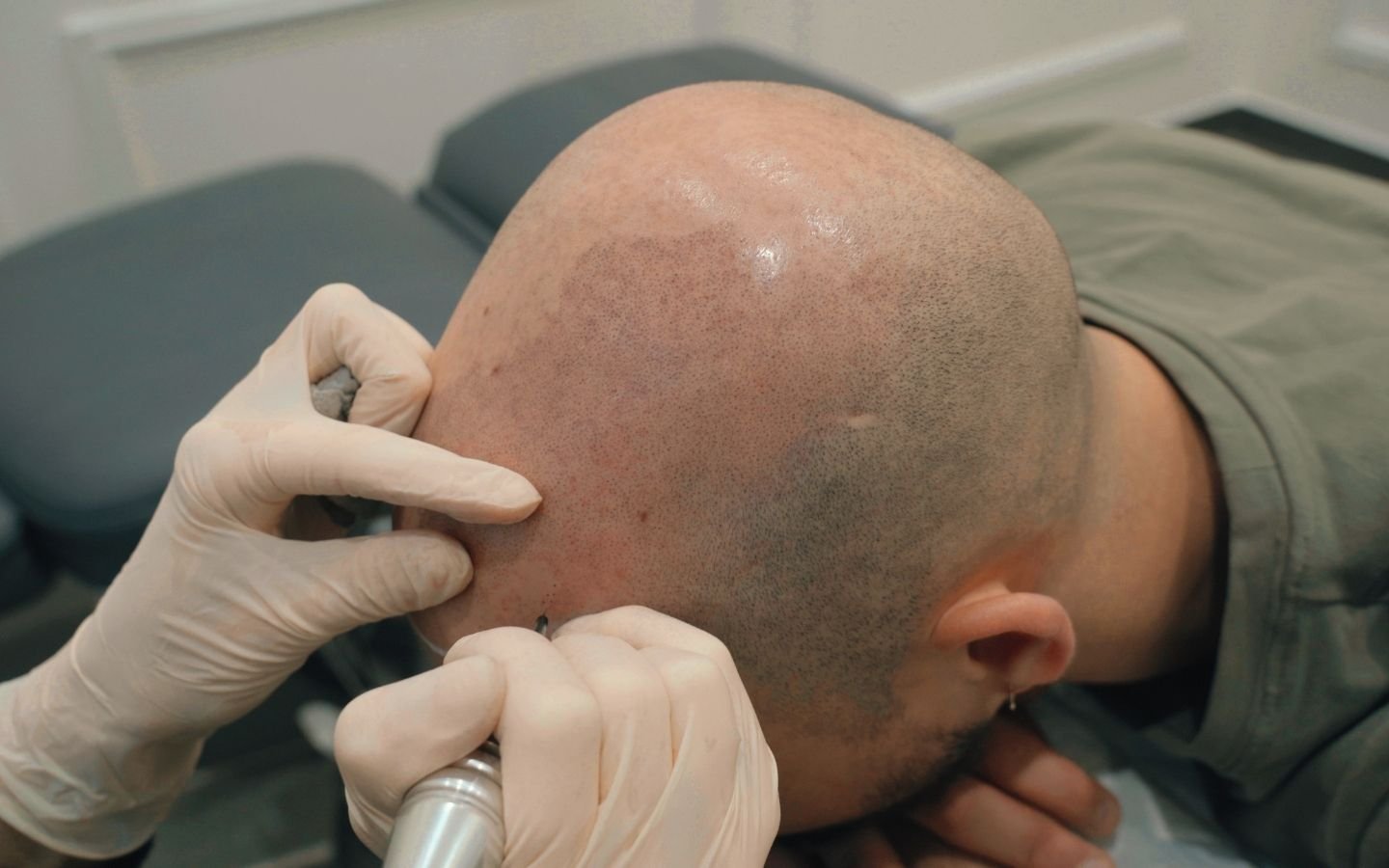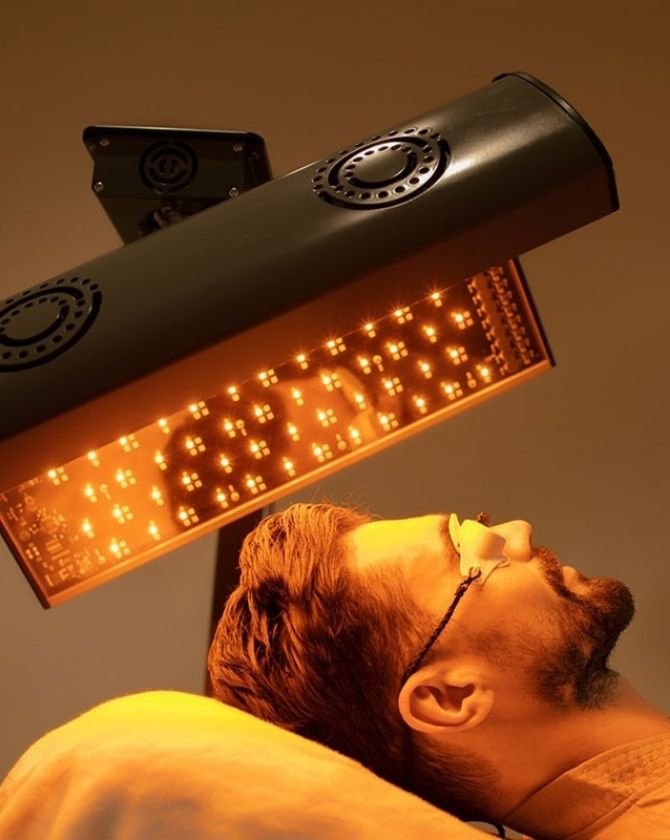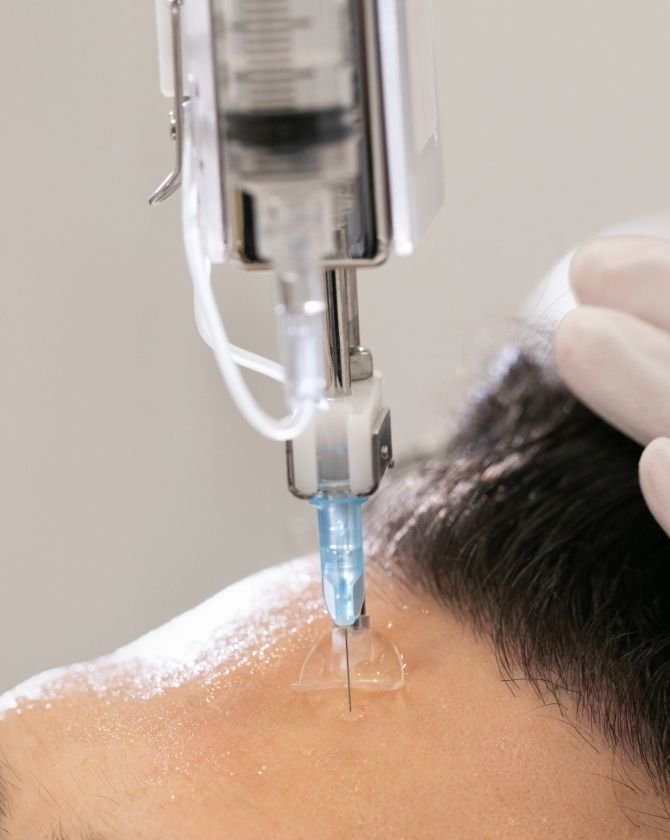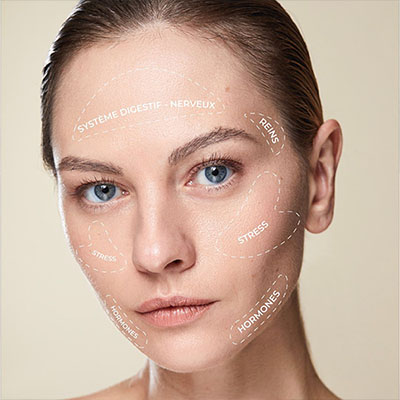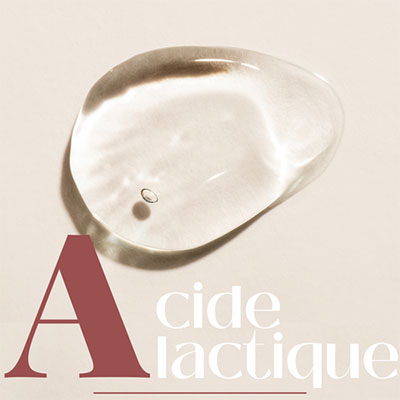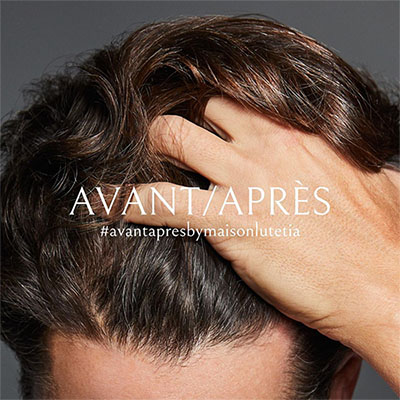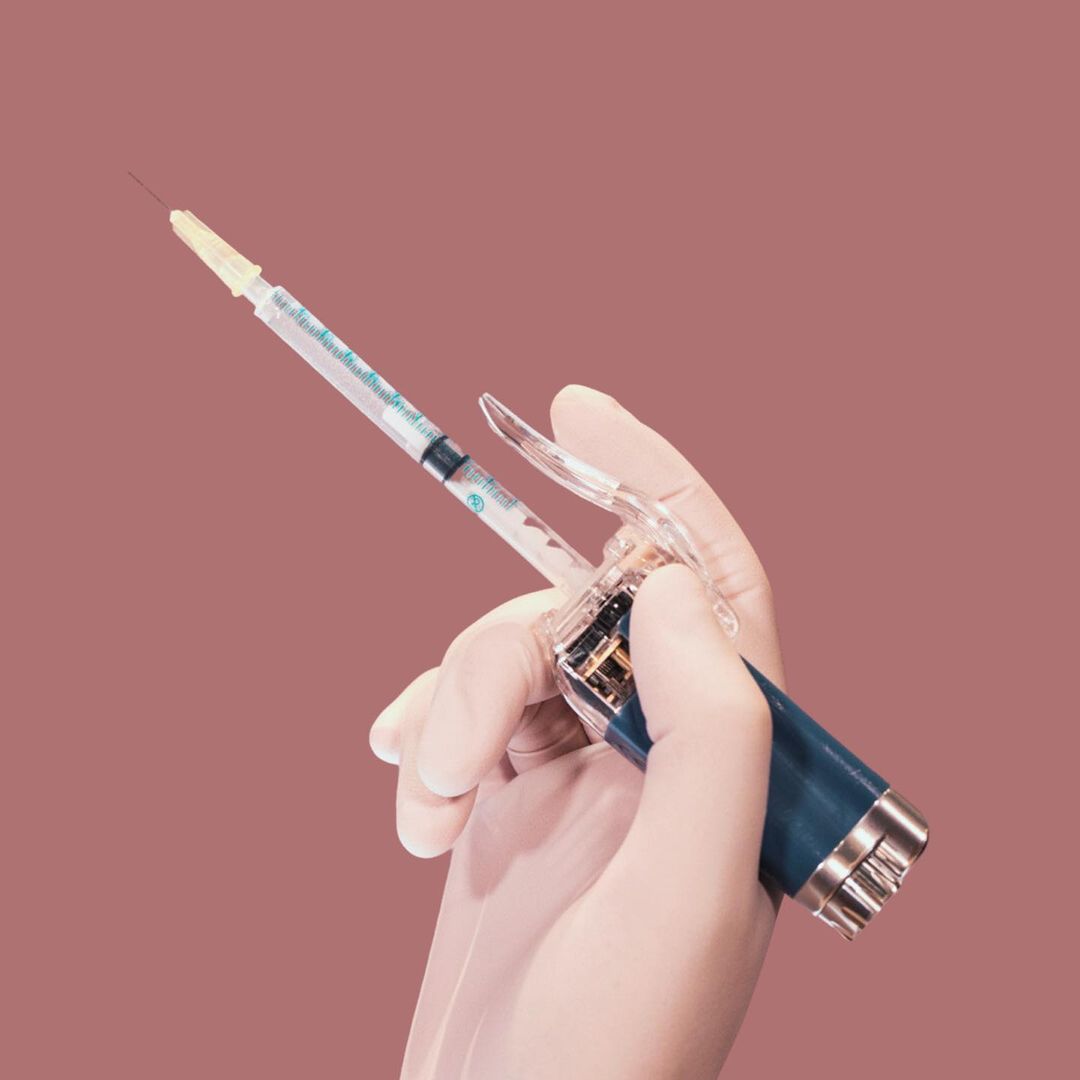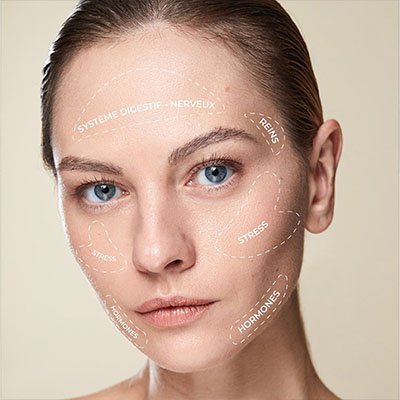Aesthetic medicine treatments
There are several medical methods to support baldness and combat hair loss. In cases of advanced baldness, hair transplantation is the ideal hair solution to restore bald areas. Several techniques are used, with varying degrees of success. Maison Lutétia specialises in DHI hair transplant, an exclusive method that does not cause any scarring and whose results are natural. Our hair treatments such as PRP (platelet-rich plasma) injections, LED light therapy, MesoLED treatment or micropigmentation.
Molecules to slow down hair loss
Hair loss and baldness is a concern for many people, both men and women. A sign of good health, a symbol of seduction and virility, a dense and full head of hair, well-groomed and shiny, is often considered a sign of self-esteem. This is why hair loss, in addition to creating complexes, tends to erode self-confidence. To combat alopecia, there are many anti-hair loss drugs on the market. These exploit the properties of various molecules:
● Minoxidil, a substance prescribed for topical application to treat androgenetic alopecia and distributed in France under the brand name Alostil®.
● Finasteride, marketed under the brand names Propecia® or Proscar®, is a drug used to combat hirsutism and baldness, among other things. It is contraindicated for women and may have troublesome side effects in men.
● Spironolactone, a molecule that can be useful in the fight against hair loss in women. This hormone treatment is better known as Aldactone®.
● Some contraceptive pills: pills such as Yasmin® or Diane-35® can have a positive effect on hair.
Care to slow down hair loss
To maintain and revitalise your hair, there are many treatments specially formulated to combat hair loss: shampoos, castor oil or other oils, scalp invigorating products, lotions, regenerating masks, serums... most often rich in keratin.
Aromatherapy is a natural treatment that recommends taking essential oil cures of Atlas cedar, grapefruit, sage or rosemary. In case of deficiency leading to abundant hair loss, it may be advisable to take food supplements: vitamin B, beer yeast, spirulina, minerals (iron, magnesium, zinc, etc.). Homeopathy has also taken up this issue. Taking certain granules (thallium metallicum, lycopodium, arnica montana...) would slow down hair loss and strengthen the hair.
While these different products can improve the appearance of your hair, they will not cure advanced baldness. Unfortunately, there is no miracle cure. Only a medical treatment such as hair transplant can effectively and permanently restore a head of hair.
Stem cell research
The latest scientific research into cell-based therapies promises new developments in the fight against baldness. Indeed, thanks to hair follicle stem cells, it may be possible to fully and permanently restore a head of hair. While waiting for these new hair treatments, hair transplantation remains the best solution. Lutétia closely follows the progress made by science in the field of hair restoration. We offer you an exclusive method to recover your hair: DHI hair transplant. To optimise the results of this treatment, we combine it with other medical techniques such as MesoLED therapy or Platelet-rich MesoLED (PRP).
